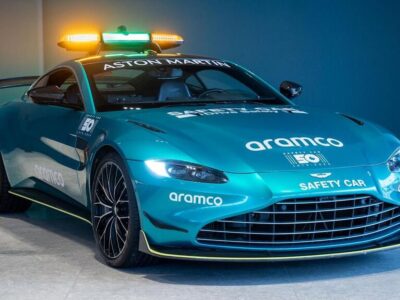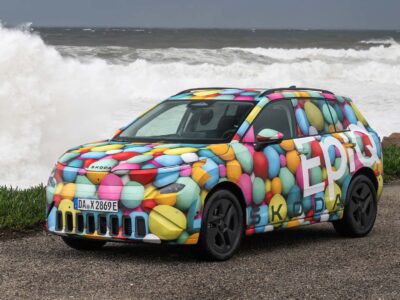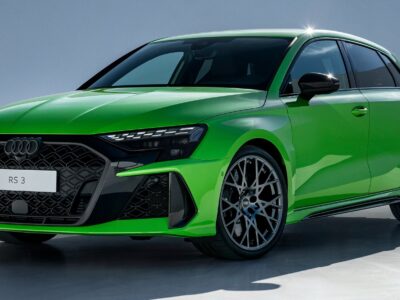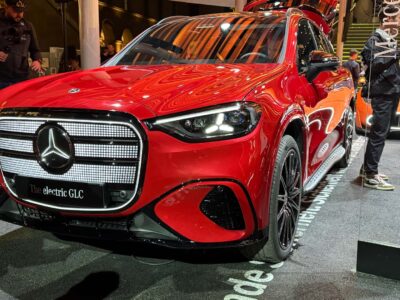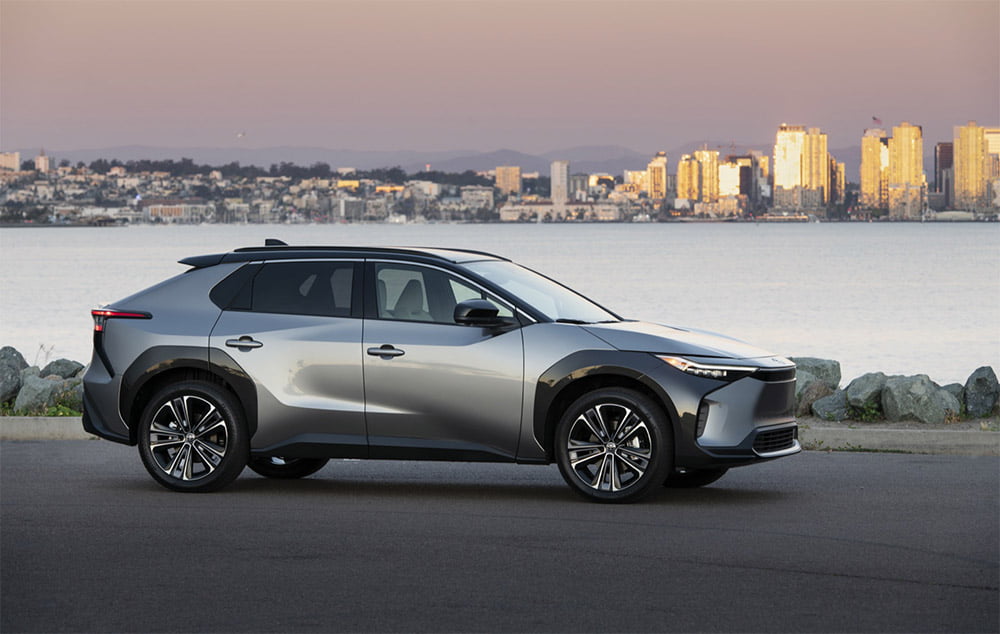
Toyota’s CEO stated last week that it will be a challenge to boost electric vehicle (EV) sales to the levels anticipated by some U.S. states, including California, which plans to ban sales of non-electric vehicles by the mid-next decade.
From Volvo and Bentley to Cadillac and Buick, various luxury and niche brands have already declared the end of gasoline vehicle development by 2030. Even some mass-market brands like Chevrolet plan to reduce gasoline vehicle sales by 2030 or 2035.
However, automakers, regulators, and U.S. states are divided on whether California’s total ban on sales of non-plug-in vehicles by 2035 is realistic. Toyota’s CEO, Akio Toyoda, is one of the few executives from a major automaker opposing the U.S. goal of 50% zero-emission vehicles by 2030; he reportedly called it “very difficult” in a meeting with dealers last week.
Reportedly, Toyoda told his dealers that electric vehicles “are simply going to take longer than the media wants us to believe,” and he said the automaker will continue offering the “widest possible” range of powertrains.
While other automakers have increased electric vehicle plans and gasoline phase-out dates, Toyota has maintained a roadmap since May 2021, suggesting that 85% of its U.S. vehicles in 2030 will still have tailpipes.
“That’s our strategy, and we’re sticking to it,” said Toyoda, who referred to Toyota as a department store with all kinds of propulsion systems.
Through a translator, Toyoda mentioned that regulations “tend to reduce the available options for solutions toward carbon neutrality,” according to Automotive News.
Toyoda considers not only hydrogen fuel cells but also hydrogen combustion as a viable long-term option. In the short term, he argued that hybrids will provide the most benefit, pointing out that with the batteries that go into a 320-mile electric vehicle, Toyota can produce eight plug-in hybrid models, effectively saving up to eight times the emitted carbon.
In 2019, Toyota was one of the automakers that joined a Trump administration-backed attempt to challenge California’s Clean Air Act waiver and its precedence in vehicle emissions regulation. Toyota was one of the last automakers to backtrack, signaling in August that it would end the fight and acknowledge the state’s emissions authority.


